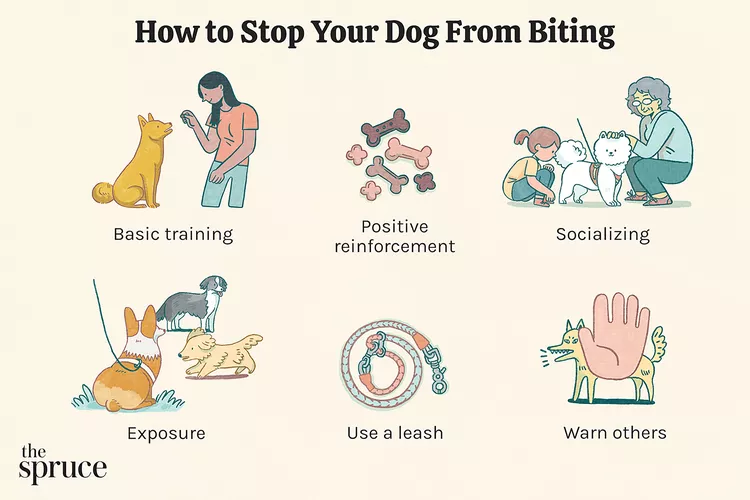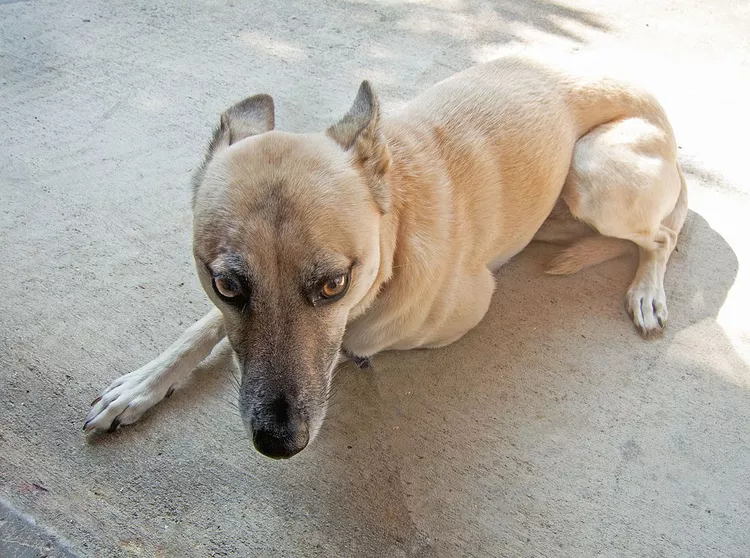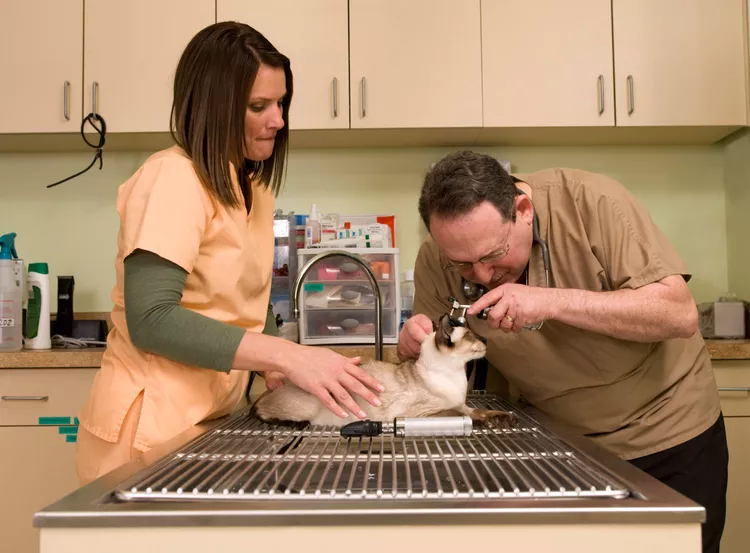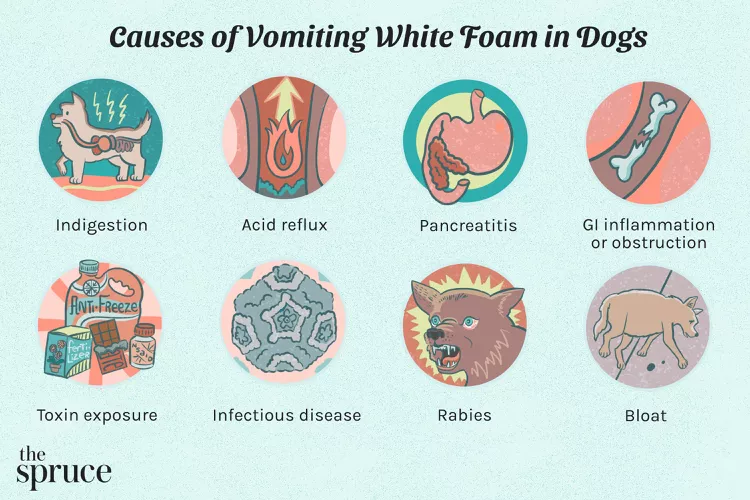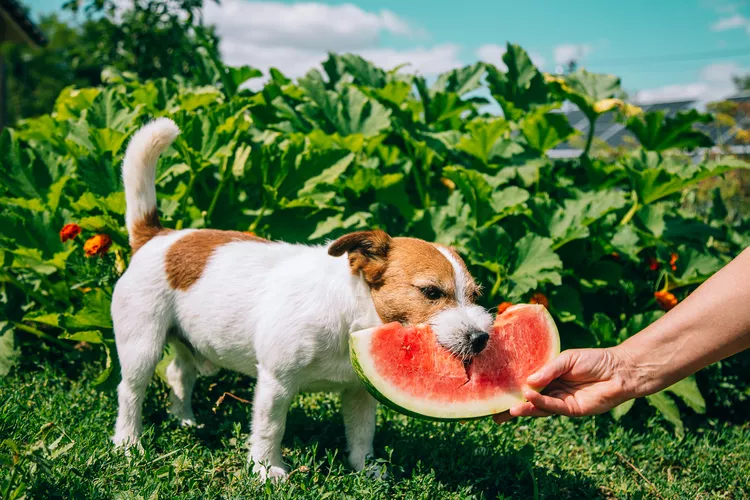Dogs are everywhere, so preventing dog bites is a necessity. Although some dogs are friendlier than others, any dog is capable of biting, regardless of its breed or size. Even the nicest dog may snap or bite when injured or afraid.
All children and adults should learn how to keep themselves safe around dogs, but it's important to understand that the dog's owner is ultimately responsible for its behavior. Fortunately, you may be able to stop your dog from biting someone if you take the proper measures. Responsible dog ownership and education of the public are the keys to keeping everyone safe. Learn why dogs bite and how to prevent it.
Why Do Dogs Bite?
Most often, dogs bite people when they feel threatened in some way. It's a natural instinct that's still present in domesticated dogs. This is why it's important for everyone who interacts with a dog to understand what may provoke this aggressive behavior.
- Dogs may bite to defend themselves, their territory, or a family member. A mother dog fiercely protects her puppies as well.
- Startling a dog by waking it up or approaching suddenly from behind can lead to a bite.
- Running away from a dog, even during play, can provoke a bite. The dog may think it's part of the fun, or running away could trigger herding behavior or predatory pursuit in some breeds.
- A dog in a fearful situation may bite anyone who approaches it. This situation may be as severe as being abused or abandoned by the side of the road, or it may be something you perceive as ordinary, such as a loud noise.
- Injury and illness are common reasons as well. If a dog isn't feeling well or is in pain, it may not even want to be approached or touched by its favorite people.
How to Stop Dog Bites
As a dog owner, you must take responsibility for training your dog and keeping it under control at all times. You're responsible for your dog's behavior and are the first line of defense in preventing dog bites. It's important that you do whatever you can to keep others safe and keep your dog from biting:
- Put your dog through basic training and continue to keep up your dog's training program throughout its life to reinforce the lessons you've taught it.
- Socialize your dog. Allow your dog to meet and interact with different types of people, including children, disabled people, and older people under calm, positive circumstances.
- Expose your dog regularly to various situations such as other dogs, loud noises, large machines, bicycles, or anything else that might spark fear. Start this training with your dog at the youngest age possible and keep the experiences positive.
- Pay attention to your dog and know when circumstances may lead to aggression. If you can't control the situation or your dog's behavior, you may have to remove your dog before things get out of hand.
- Don't discipline your dog with physical, violent, or aggressive punishment. To address undesirable behavior, opt for positive reinforcement—praise and treats—rather than using aversives, such as shock collars and loud noises. Consistently rewarding your dog for desirable behavior is far more effective because dogs aim to please their people.
- Always keep your dog on a leash or in a fenced area. Know your dog well before letting it off its leash in permitted areas. Keep your dog in sight at all times.
- Warn others to keep their distance if you know that your dog has fearful or aggressive tendencies. Don't allow your dog to approach people and other animals unless the situation is strictly controlled. Use a muzzle if necessary.
- Keep your dog's vaccinations current, especially the rabies vaccination, and visit your vet routinely for wellness checkups.
How to Interact Safely With a Dog
Dogs are cute and often friendly, so it's easy to get excited when you see one. However, a dog can quickly turn on someone it doesn't know.
Even if you don't have a dog of your own, it's important for you and other people in your sphere, including children, to know how to interact with dogs and how and when to approach one.
- Never approach or touch an unfamiliar dog without first asking for the owner's permission. If the dog's owner isn't present, don't go near the dog.
- Never approach a dog when they're eating, sleeping, or caring for puppies. Dogs in these situations are more likely to be protective and are easily startled.
- Don't approach, touch, or attempt to move an injured dog. Instead, contact a veterinary professional or animal control for assistance.
- Never leave a young child or a baby alone with any dog for any reason.
- When meeting an unknown dog, allow the dog to come to you. Crouch down or turn to the side and avoid prolonged eye contanct. Let the dog sniff your hand before you offer pets.
- Don't put your face near an unknown dog; this includes "hugs and kisses."
- If you're cornered by a dog, remain still and avoid eye contact. Never run or scream. When the dog stops paying attention to you, slowly back away.
- If you're knocked over by a dog, fall to your side in a fetal position and cover your head and face. Remain very still and calm.
If Your Dog Bites Someone
If your dog bites a person, it's important to act quickly. First, confine the dog and then immediately assist the victim. The victim should wash the bite thoroughly with soap and warm water, if possible, and then seek immediate medical attention.
